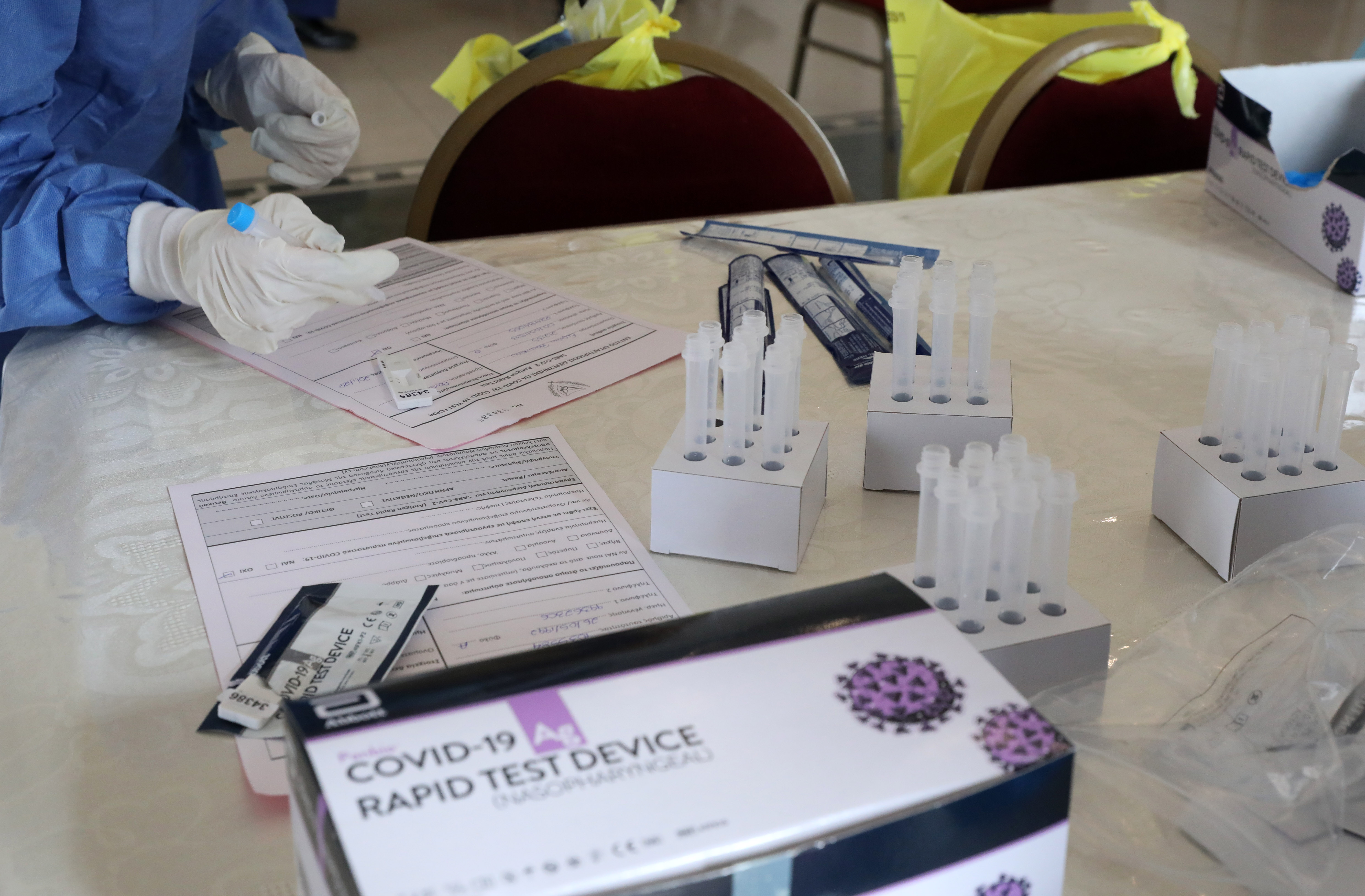Lawmakers on Monday pushed back against the government’s request for an additional €102 million in spending – mostly on ongoing coronavirus-related measures – and asked for more details before releasing the funds.
The €102.1 million is the first supplementary state budget submitted for fiscal year 2022.
The lion’s share is earmarked for Covid-related expenditures, which MPs are starting to question. Another amount tacked onto the bill relates to aid to farmers due to the fallout from the war in Ukraine – and here legislators again complained that the agriculture ministry has not provided adequate data.
About half – €53 million – of the spending package has to do with the coronavirus situation.
A health ministry official told MPs that the epidemiological situation vis a vis the coronavirus is being assessed on a weekly basis by the scientific advisory team which submits proposals to the health minister.
The ministry’s blueprint for handling the pandemic, and the measures promulgated and enforced, are taken after considering the epidemiological state of play, as well as relevant recommendations by the ECDC and the local advisory team.
According to the official, the government has started phasing out – and consequently reduced spending on – some Covid measures.
Since May 16 the government has suspended free sample testing at ports of entry (airport and harbours). Also no longer applied are Covid tests on persons scheduled to undergo surgery, pregnant women about to go into labour, and certain categories of patients before the commencement of their treatment regimen – such as for chemotherapy, transplants and immunotherapy.
Still in force is free sample testing (rapid test) for around 5,000 people weekly – this is done to monitor the epidemiological situation generally.
Also in effect are free weekly tests (rapid test) in closed structures and nursing homes, while a protocol for repeat tests in the event of a cluster of Covid cases is still in place.
Additionally, free tests (rapid test) are available for ‘special categories’ of people – the elderly, victims of abuse, drug addicts, victims of sex trafficking, and persons with a disability prior to their admittance to a care or treatment facility.
Meantime PCR tests are being offered for persons referred by their personal doctor after exhibiting Covid symptoms.
Of the €53 million requested by the health ministry, €8 million relates to self-tests bought and distributed to people through pharmacies; the purchase of rapid tests; and €18 million relates to expenses for coordination and staffing services purchased for public healthcare facilities, the contact tracing team, vaccination centres, and mobile test labs.
The health ministry also seeks €22.5 million for the procurement of medicines and vaccines, and €4.5 million to cover overtime payments to doctors and nurses.
For its part, the transport ministry wants €5.7 million relating to state aid to airlines for an incentives schemes running from July to December 2021.
The education ministry is asking for €550,000 for payments for rapid tests as well as for disinfection and cleaning works carried out in schools.
Meantime an official for the agriculture ministry said the €18 million they seek will go toward expenses for maintaining wheat and corn strategic reserves.
Lastly, the junior ministry for tourism requests €10 million for expenses mostly relating to unaccompanied minors who are asylum seekers.
MPs of the House finance committee insisted on being given more data, and warned that any delay in releasing these funds would be due to the government.
Aristos Damianou, MP with main opposition Akel, argued the government lacks a comprehensive plan for managing the pandemic or the Ukraine crisis. He also claimed the government would soon table a second supplementary budget.







Click here to change your cookie preferences